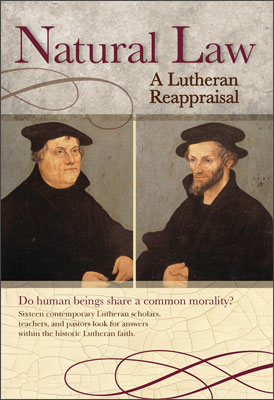Our Father, who art in heaven
Hallowed be Thy name …
Three Available Formats
- Click here to download a two-part document, including a vocal score and an accompaniment score for “The Lord’s Prayer.”
- Click here for an MP3 recording of a family singing along with the piano accompaniment. This is not a professional recording. This is a real-life family, just like yours, showing that children can learn to sing along.
- Click here for an MP3 recording with piano only.
Composition Notes
I composed this piece in the years following my brain injury in 2005. As I was healing, this version of “The Lord’s Prayer” just came out one day on the piano in about an hour. The Lord’s Prayer had become very dear to me, as I wasn’t sure many times even what to say to God during those difficult times. It is His perfect prayer for all times. This was how I prayed the Lord’s Prayer in my heart and being.
Sometime after composing it, I was reading Luther’s explanation of the Lord’s Prayer from the Small Catechism and thought it went along with what he wrote. Below is an explanation of how the words and music tie together giving, what I believe, a rich and meaningful way of praying “The Lord’s Prayer.” I wanted the older text, as I feel the words are richer. However, the words “you” and “your” could be substituted where “Thy” or “Thine” are used.
- “Our Father”—a tender beginning, as God invites us to believe that he is our true Father and that we are his true children, so that we may approach him boldly and confidently. How dearly he loves us!
- “Who art in heaven”—melody ascends “up to” heaven, His home … our home.
- “Hallowed be Thy name”—melody descends back to treble G tying “Our Father” and “Thy name” together. “Thy name” is everything that He is. Certainly, we must stand in awe!
- “Thy kingdom come, Thy will be done”—Strong bass chords expressing a strong desire, knowing that God’s kingdom comes and his will is done, even without our prayer.
- “On earth”—The melody descends to sinful earth and the tone reflects this.
- “As it is in heaven”—The melody ascends to heaven and the tone is one of resolution-perfection.
- “Give us this day our daily bread”—There is a joyful, strong, thankful and confident tone, as we can ask anything of our Heavenly Father, and he gives AND GIVES even without our asking.
- “And forgive us our trespasses, as we forgive those who trespass against us”—Here is a quiet, somber, dissonant, and a short time to reflect. This section also ends in a tone of resolution, as we can be at peace, confident that we are forgiven by our heavenly Father, as we forgive others. “It is finished.”
- “And lead us not into temptation”—There is kind of a “leading.” feel and sense of danger, a need for protection.
- “But deliver us from evil”—a tone of deliverance from evil and also a leading as it crescendos into the next majestic section - “Come, Lord Jesus.”
- “For thine is the kingdom and the power and the glory”—a confidence that our petitions are heard by our Father in heaven, for he has commanded us to pray and has promised to hear us. He is faithful to all of His promises!
- “Forever and ever”—notes seem to go on forever and ever. …
- “Amen”—A feeling of finality: “Amen, Yes, it shall be so.”
Mrs. Heather Schulz, the wife of Shoreland Lutheran High School instructor Dan Schulz and mother of their seven children, lives in southern Wisconsin.




